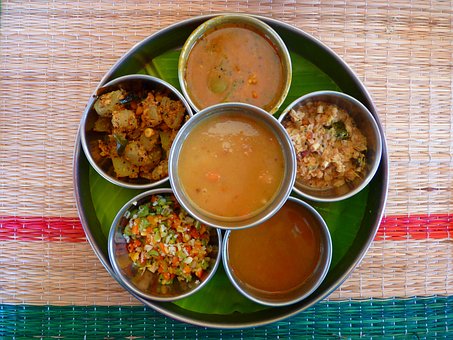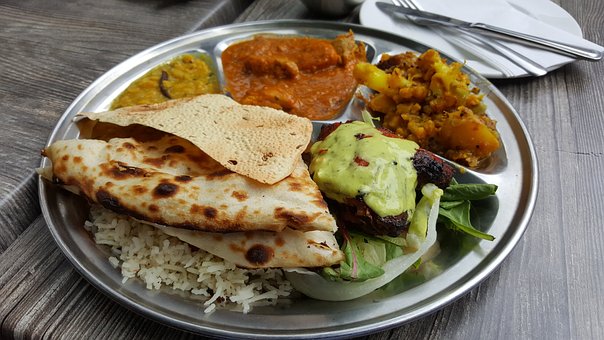Indian cuisine is known for its diverse and flavorful dishes, and it is enjoyed by people all over the world. But what is the nutritional value of Indian foods, and are they healthy for you?
To understand the nutritional value of Indian foods, it is important to first understand the basic components of food that make up its nutrition. These include carbohydrates, proteins, fats, vitamins, and minerals. Each of these nutrients plays a specific role in maintaining good health and supporting the body’s various functions.
Carbohydrates are the primary source of energy for the body and are found in a wide range of Indian foods, including grains such as rice, wheat, and corn; legumes like lentils, beans, and peas; and starchy vegetables like potatoes and sweet potatoes. Complex carbohydrates, which are found in whole grains and legumes, provide sustained energy and are an important source of fiber, which helps to keep the digestive system healthy. Simple carbohydrates, which are found in refined grains and sugary foods, are absorbed more quickly and can cause rapid spikes in blood sugar levels.
Proteins are essential for building and repairing tissues, as well as for the production of hormones and enzymes. Indian foods that are rich in protein include meats like chicken, lamb, and fish; dairy products like milk, yogurt, and cheese; and plant-based sources like beans, lentils, and tofu. It is important to consume a variety of protein sources to ensure that the body is getting all of the essential amino acids it needs.
Fats are an important source of energy for the body and are necessary for the absorption of fat-soluble vitamins. There are three main types of fats: saturated, monounsaturated, and polyunsaturated. Saturated fats, which are found in animal products like meat and dairy, should be consumed in moderation as they can contribute to heart disease and other health problems. Monounsaturated fats, which are found in olive oil, avocados, and nuts, are considered to be heart-healthy and should be included as part of a balanced diet. Polyunsaturated fats, which are found in plant-based oils like corn and sunflower oil, are also considered to be heart-healthy and should be included in the diet.
Vitamins and minerals are essential nutrients that play a variety of roles in the body, including supporting the immune system, maintaining healthy skin and eyes, and helping to convert food into energy. Indian foods that are rich in vitamins and minerals include fruits and vegetables, which are excellent sources of vitamins A, C, and E, as well as minerals like potassium and magnesium. Whole grains, legumes, and nuts also provide a range of essential nutrients.
Now that we have a better understanding of the basic nutrients that make up the nutritional value of food, let’s take a closer look at Indian cuisine and whether it is healthy for you.
One of the strengths of Indian cuisine is its reliance on whole grains, legumes, and vegetables, which are all important sources of nutrients and fiber. Many Indian dishes also incorporate healthy fats, like those found in nuts, seeds, and coconut milk, which can help to improve heart health and lower cholesterol. In addition, Indian spices like turmeric, ginger, and garlic have been shown to have a range of health benefits, including anti-inflammatory effects and the ability to boost the immune system.

 Home
Home Health
Health Diet & Nutrition
Diet & Nutrition Living Well
Living Well More
More












